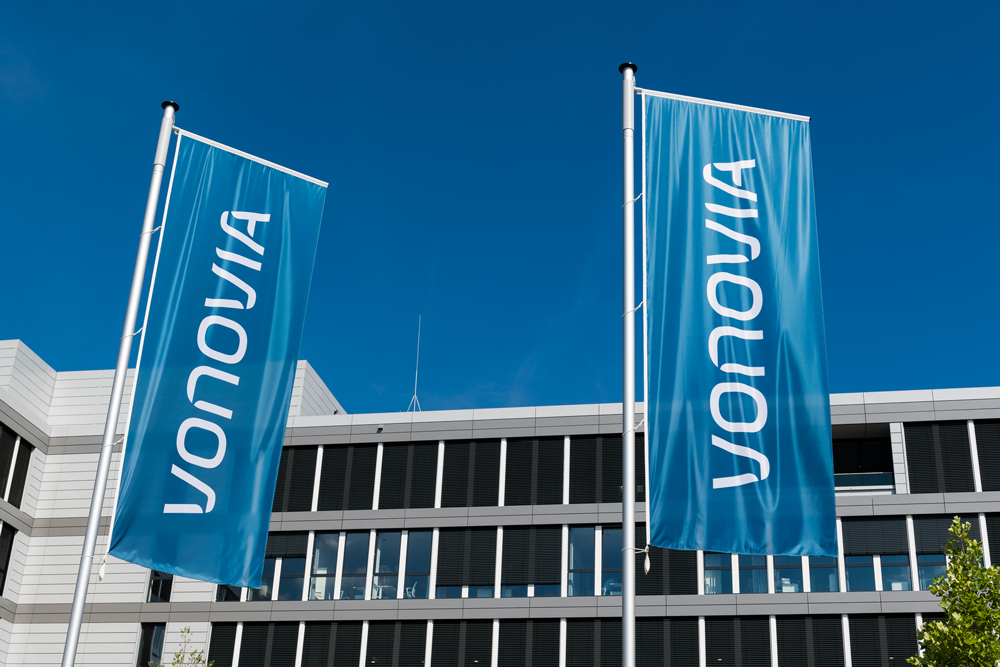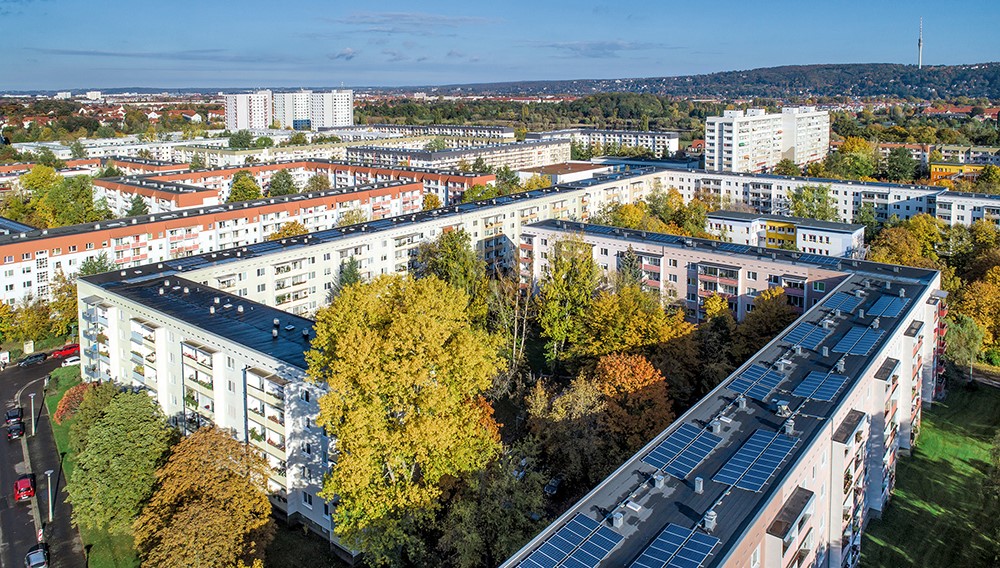Economic Environment and Market-Related Opportunities
The housing industry is being influenced to a considerable degree by a range of social and technological megatrends. According to analyses released by the German Federal Statistical Office, domestic migration from rural areas to the country’s large metropolitan areas will continue unchanged. The resulting shortage of housing in urban areas could be exacerbated even further by the effects of migration from global crisis hotspots and the trend toward smaller households. In particular, it is worth noting in this context that the new German government plans to take targeted measures to promote immigration from non-EU countries. The German Federal Employment Agency (Bundesagentur für Arbeit) also expects Germany to require around 400,000 immigrants a year to close the gaps on the labor market resulting from demographic changes. As a result, the Cologne Institute for Economic Research expects to see a shortfall of as much as 308,000 apartments a year in the medium term. This development trend could benefit our existing real estate portfolio, which focuses primarily on small and medium-sized apartments in urban areas. Vonovia is also in a position to counter the increasing shortage of affordable housing through its development and new construction business. The German government coalition agreement has set a target involving the construction of 400,000 new apartments per year. This will not be possible without deregulation measures and the provision of additional land for construction, which could, in turn, create opportunities for Vonovia.
One megatrend that enjoys a particularly prominent position in the coalition agreement is undoubtedly climate protection. This is merely the logical consequence of the process of far-reaching social change that has been ongoing for years now. Within this context, the decision taken very early on to focus on energy-efficiency refurbishments could prove to be advantageous. After all, almost one-third of CO₂ emissions in Germany can currently be attributed to residential property. Aside from this, however, Vonovia also sees itself as a driver of innovation. In the Energy Center of the Future in Bochum-Weitmar, for example, Vonovia is testing experimental technologies for decentralized energy generation. In order to support this process, the “1,000 Roofs” program for decentralized energy generation launched in the 2019 fiscal year was completed successfully in 2021 before being extended until 2050 as the “30,000 Roofs” program. Sustained increased environmental awareness could therefore result in the Vonovia brand taking on increasingly positive connotations in the future and in greater demand for Vonovia’s energy-efficient apartments.



